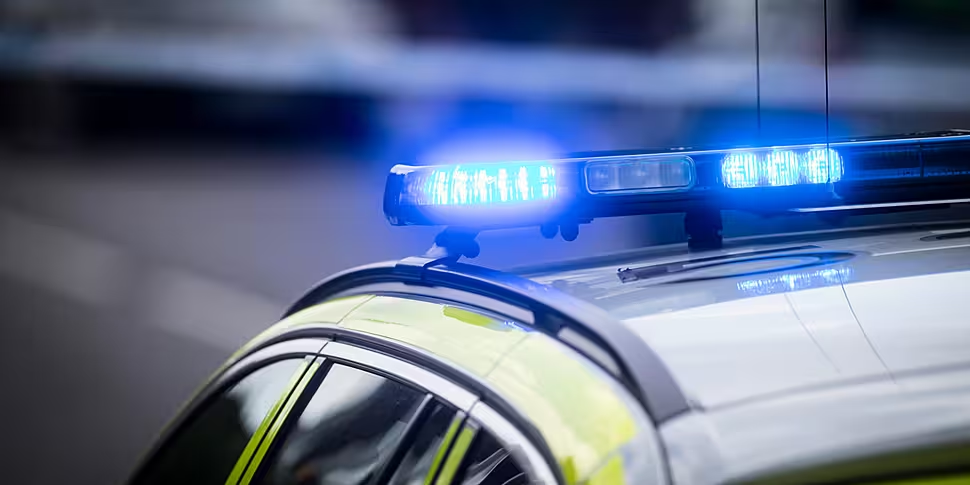Hard work from Gardaí and more crime reporting could the reason Ireland is seeing an uptick in sexual crimes, murders and threats to kill, a criminologist has claimed.
Many categories of serious crime fell in Ireland in 2024 but sexual crimes, murders and threats to kill increased.
This is according to figures published by the Central Statistics Office (CSO) on Wednesday, which illustrated the rate of crime across Ireland last year.
On Newstalk Breakfast, Criminologist and Lecturer in Criminology Trina O’Connor said crime is a “very complex situation” to explain.
“It's not just one thing, if it was one thing that was causing this uptick in violent crimes and sexual crimes, well then we'd have the antidote, wouldn't we? It's much more complex, so we have to look at it in the round,” she said.
“Some of the things are just some really practical reasons why we're seeing an uptick - the really good work from An Garda Síochána, for example, in investigations and then leading to more convictions.
“We're also seeing a lot of historical sexual abuse crimes being convicted in the courts and we have had an increase in population.
“But I suppose whenever we talk about the increase in violence, we have to look at what the risk factors are.”
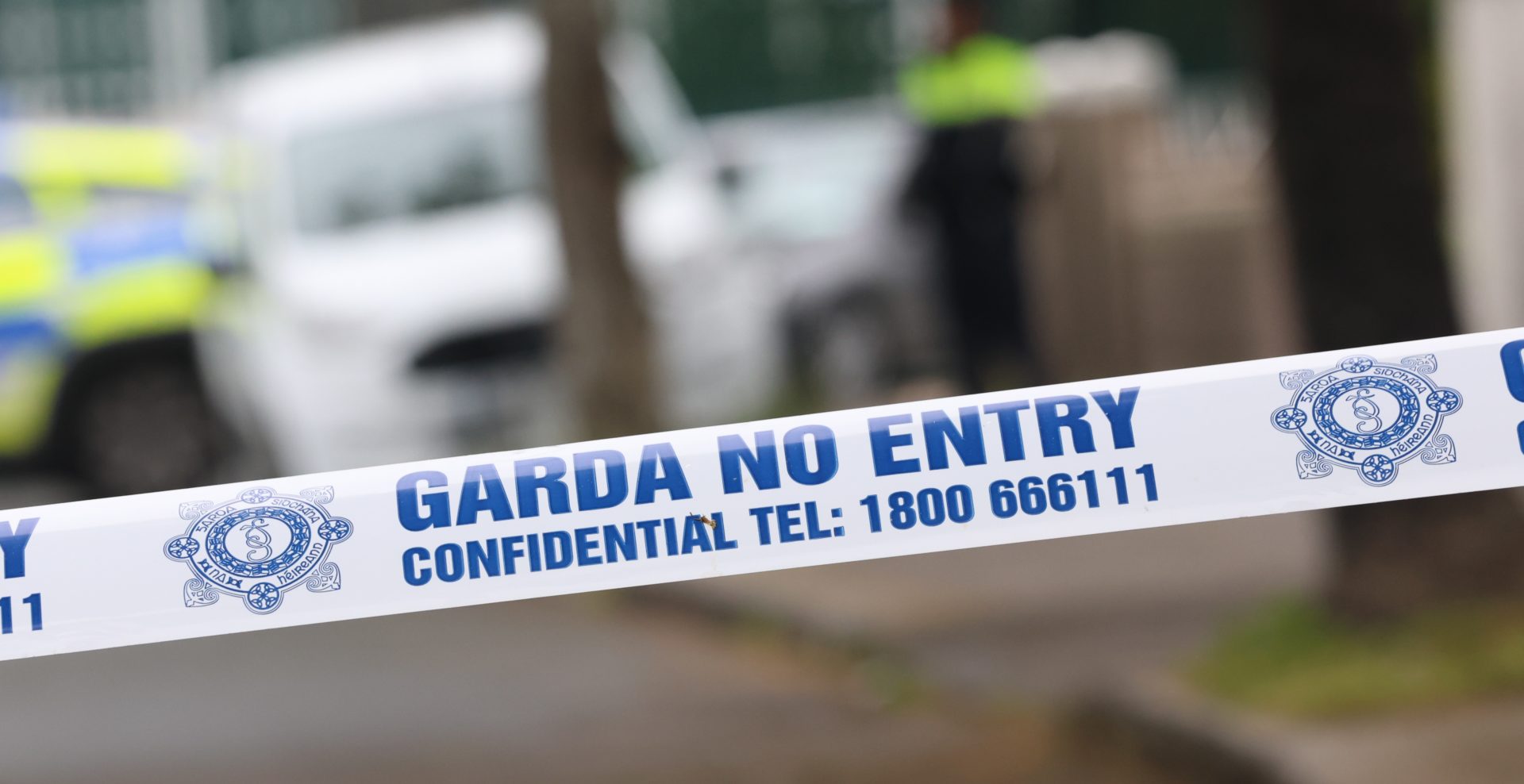 Garda tape across a crime scene, 6-5-24. Image: Sasko Lazarov / © RollingNews.ie
Garda tape across a crime scene, 6-5-24. Image: Sasko Lazarov / © RollingNews.ieMs O’Connor said the risk factors for violence within society are things like:
- Lack of community cohesion
- Lack of community connectedness
- Anti-social behaviour
- Lack of community development
- Unsuitable housing - where a large concentration of people are in a small space
- Lack of education
- People who have experienced violence in their home or are living with adverse childhood experiences (ACEs)
“I suppose the message from all of that, from my perspective as a community criminologist, is that we won't have peace on the streets until we have peace in the home,” she said.
“So it's about supporting people in their living standards and conditions and opportunities in life, and that will lead to safer communities.
“I think there is a lot of work being done around safer communities right across the country in that regard.”
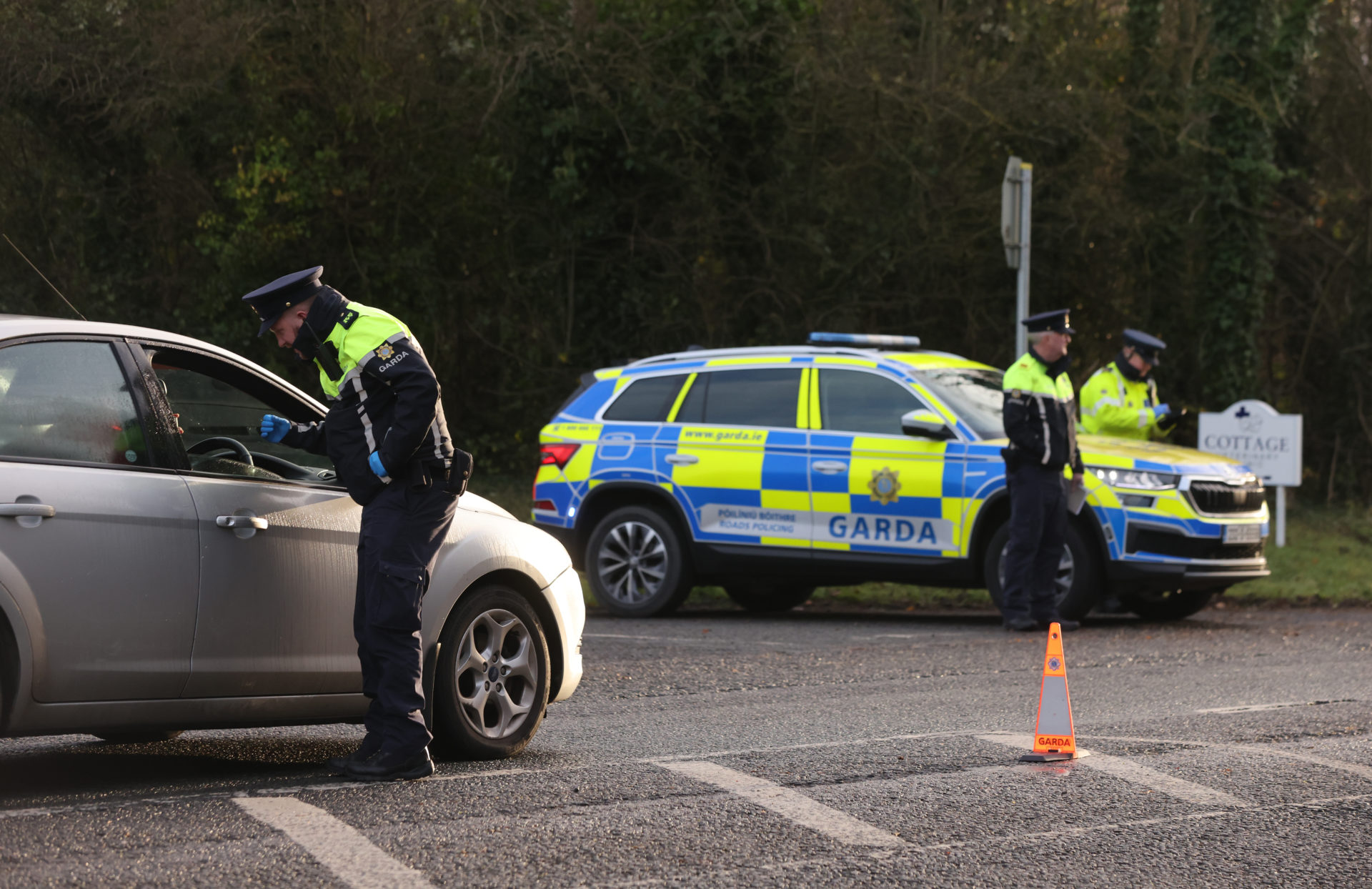 Photo: Eamonn Farrell/© RollingNews.ie
Photo: Eamonn Farrell/© RollingNews.ieMs O’Connor said victims of sexual crimes are “absolutely” more willing to come forward now and report a sexual crime than they might have been previously.
“Again, that's down to the work of a lot of agencies like the Rape Crisis Centre and Women's Aid and all of these wonderful agencies that are supporting people and Men's Aid also, because it's not just women who suffer sexual crimes,” she said.
“An Garda Síochána have changed their approach around how they deal with people who are coming forward, who have been a victim of a sexual crime like rape, although we know the figures for rape trials are not where we would like them to be.
“There's a huge percentage of them that fail - but we are seeing improvements year after year - so that's why we are seeing more convictions in the court.”
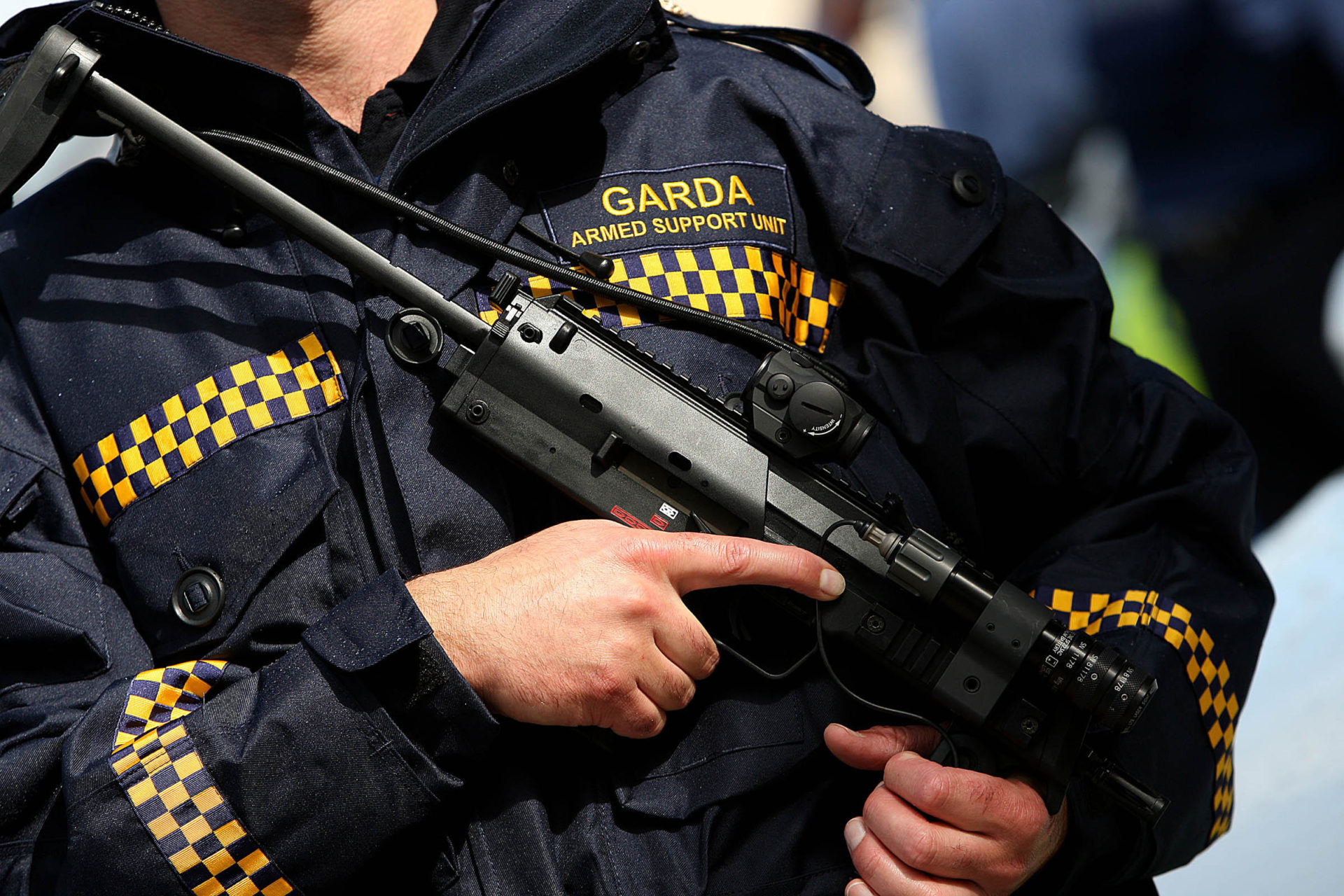 Armed Gardai beside one of the vehicles of the newly formed Eastern Region Armed Response Unit, outside Mullingar Garda Station Co.Westmeath. Image: Alamy
Armed Gardai beside one of the vehicles of the newly formed Eastern Region Armed Response Unit, outside Mullingar Garda Station Co.Westmeath. Image: AlamyMs O’Connor said when looking particularly at youth violence, a lot of young people are being groomed into organised crime.
“Particularly in youth violence, we're seeing a lot of young people being groomed into organised crime gangs, and with young people, a lot of them would have what we call a dual status, so they would be both a criminal and also a victim of a crime,” she said.
“They may be in what we call debt bondage to a dealer, if they've been getting drugs off them, and then they're in debt to them.
“They then may be told to do a violent act in order to pay off their debt and that's where young people are used in things like drugs related intimidation, to intimidate a neighbourhood, or to intimidate another young person, for example.
“I'm sure you've spoken about the programme adolescence that was on Netflix - we can't ignore the online space, either.”
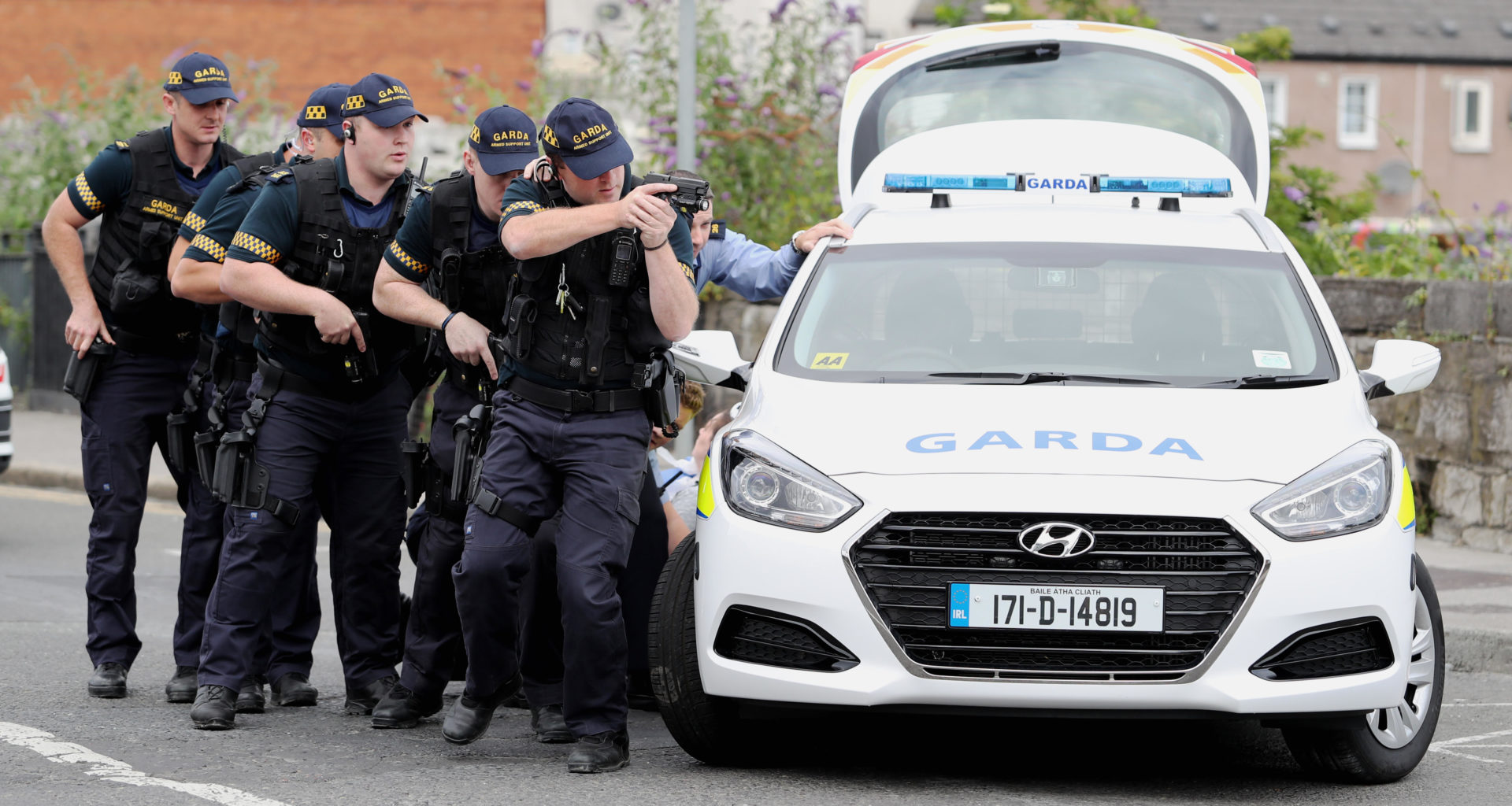 Members of the Garda Armed Support Unit take part in a simulated anti-terror operation at the Docklands railway station in central Dublin. Image: Alamy
Members of the Garda Armed Support Unit take part in a simulated anti-terror operation at the Docklands railway station in central Dublin. Image: AlamyIt is possible to “interrupt crime”, according to Ms O’Connor.
“You can interrupt crime with some of the community sanctions that we have, for example,” she said.
“So if it is with a young person, you can work with them on some sort of net widening project, a diversion project, that will work.
“There's a lot of these projects going on - like the Department of Justice, to be fair to them, are doing a lot.”
UK police car. Image: Alamy


